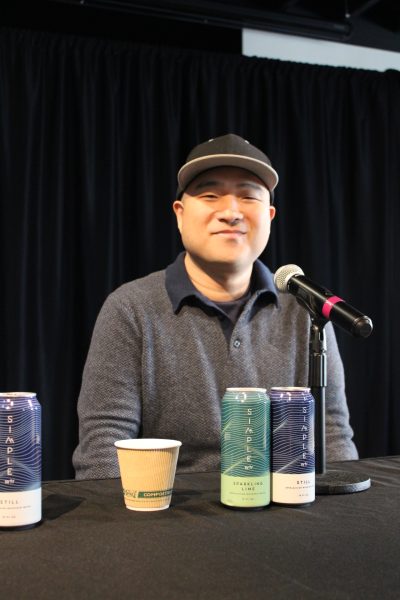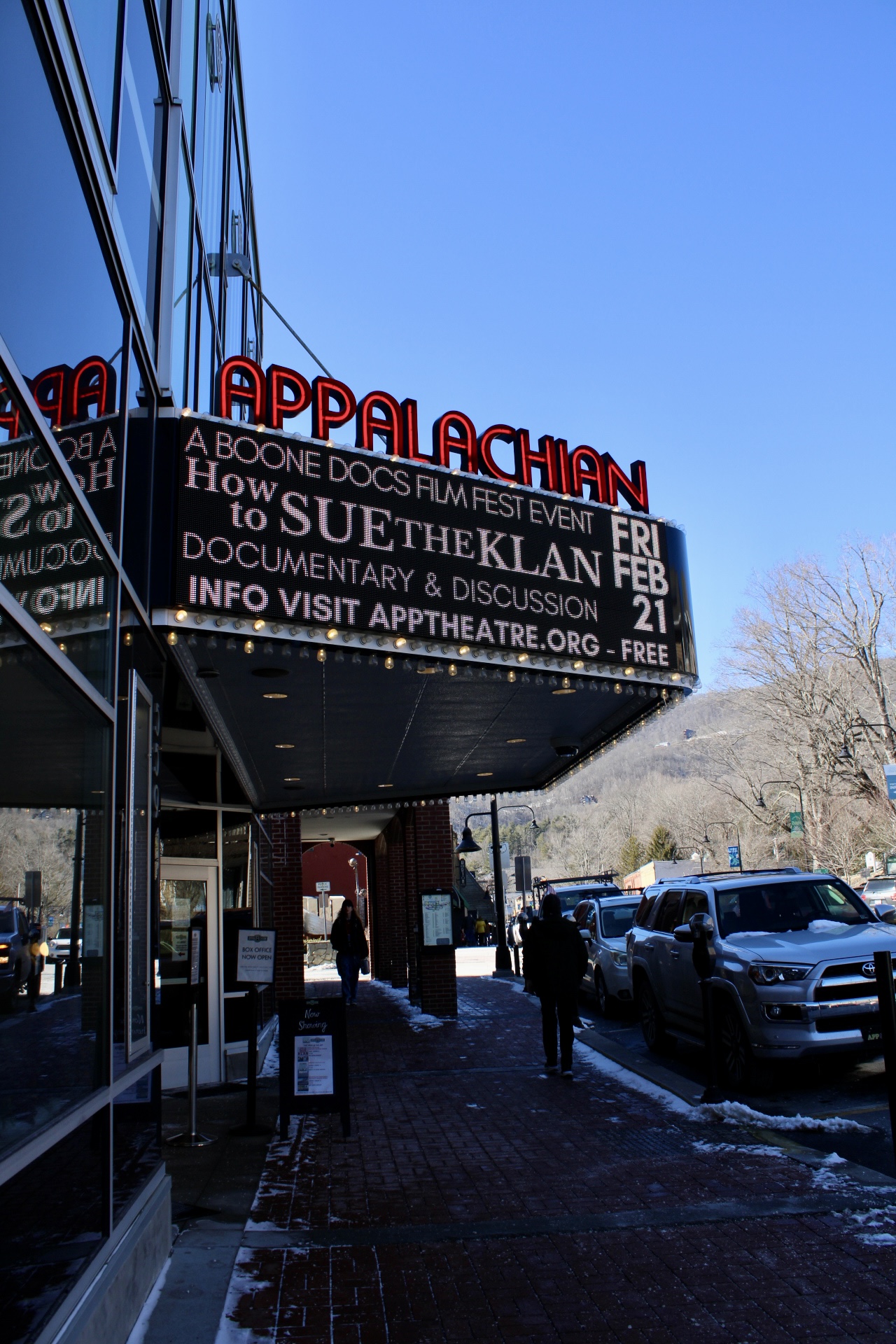Emmy-nominated documentary filmmaker John Beder hosted a workshop Friday to discuss his journey as a filmmaker and the work behind his most recent film “How to Sue the Klan.”
The workshop was hosted inside the Appalachian Theatre of the High Country and was the first event of the fourth annual Boone Docs Film Festival, which ran from Friday to Sunday. The event preceded a screening of Beder’s 2024 documentary “How to Sue the Klan,” which tells the story of a historic 1982 lawsuit from Chattanooga, Tennessee, by five Black women against the Ku Klux Klan. The documentary has since won the 2025 NAACP Image Award for Outstanding Short Form Documentary.
The event began with a speech by Beder, in which he walked the audience through his career progression as a filmmaker, followed by a Q&A with the audience. Beder focused on the importance of “getting something from everything,” and spoke on his experiences with stage fright while getting a bachelor’s degree in music performance from Boston University, which inspired his first documentary titled “Composed” in 2014. The documentary toured various music schools for two years with the goal of starting conversations about stage fright.

Similarly, his Emmy-nominated 2020 documentary “Dying in Your Mother’s Arms,” centered around pediatric palliative care physician Nadia Tremonti, was screened at medical schools across the country to help destigmatize palliative care.
Beder also spoke about his experience working as an Apple technician before his filmmaking career and taking the plunge into documentary filmmaking by making a self-funded documentary film.
During the Q&A, Beder spoke with audience members about community-centered filmmaking, making documentary-style films and creating and distributing his award-winning documentary, “How to Sue the Klan.” Beder was encouraged to create the film after seeing a lack of knowledge about the landmark case both nationwide and among locals of Chattanooga, where the lawsuit occurred. Beder attributed this lack of knowledge to racism, insufficient news circulation about the event and shame about the presence of the KKK in the city.
Beder also talked about the evolving state of the filmmaking industry and the process of filmmaking. While his first film “Composed” was self-funded, “How to Sue the Klan” was made through community fundraising and local filmmaking grants. Beder said the roles of filmmakers have evolved as they act as salespeople for their films to secure funding and distribution for their films. He also stressed the importance of protecting mental health for the cast and crew while making films with darker subject matters, and helping subjects feel comfortable and represented during interviews.

